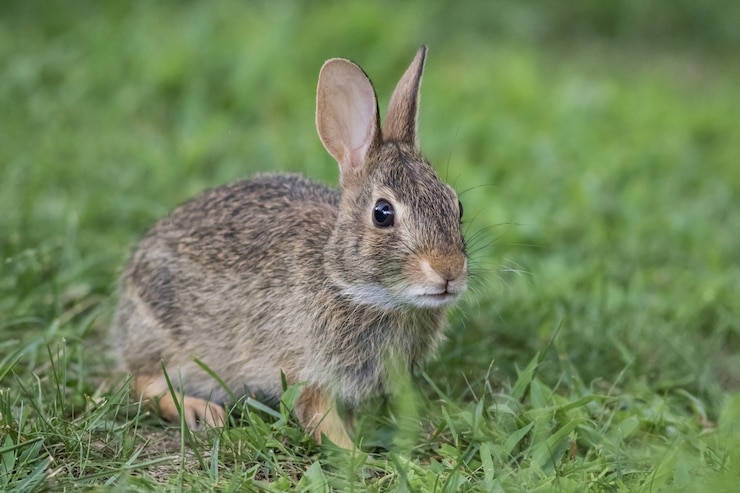Rabbit farming is a growing industry in South Africa, providing meat, fur, and other valuable products. However, rabbits are susceptible to various infections and diseases that can affect their health and productivity. In this article, we will discuss some common infections and diseases that rabbit farmers in South Africa should be aware of, along with preventive measures and management strategies.
- Rabbit Hemorrhagic Disease (RHD): Rabbit Hemorrhagic Disease is a highly contagious viral infection that affects both domestic and wild rabbits. It causes internal bleeding, liver damage, and high mortality rates. Strict biosecurity measures, proper vaccination, and controlling contact with wild rabbits and contaminated surfaces are essential in preventing and managing RHD.
- Myxomatosis: Myxomatosis is a viral disease transmitted by fleas, mosquitoes, and direct contact with infected rabbits. It causes swelling of the eyelids, genitals, and face, along with respiratory distress. Strict biosecurity measures, vector control, and vaccination are crucial in preventing and managing myxomatosis.
- Pasteurellosis: Pasteurellosis, caused by the bacterium Pasteurella multocida, is a common respiratory disease in rabbits. It leads to nasal discharge, sneezing, pneumonia, and reduced weight gain. Good hygiene practices, proper ventilation, and prompt treatment with antibiotics are important in preventing and managing Pasteurellosis.
- Coccidiosis: Coccidiosis is a parasitic infection caused by protozoa of the genus Eimeria. It affects the intestinal tract of rabbits, leading to diarrhea, weight loss, and poor growth. Maintaining clean and dry living conditions, proper sanitation, and administering appropriate anticoccidial treatments are essential in controlling coccidiosis.
- Ear Mites: Ear mites, such as Psoroptes cuniculi, can infest rabbit ears and cause irritation, itching, and the formation of crusts. Regular ear examinations, proper hygiene, and prompt treatment with acaricides are important in preventing and managing ear mite infestations.
- Snuffles (Pasteurella Infection): Snuffles is a chronic respiratory disease caused by Pasteurella multocida. It leads to nasal discharge, sneezing, and respiratory distress. Strict biosecurity measures, proper ventilation, and early treatment with antibiotics are crucial in preventing and managing Pasteurella infections.
- Encephalitozoonosis: Encephalitozoonosis is a parasitic infection caused by the microsporidian parasite Encephalitozoon cuniculi. It primarily affects the nervous system, causing neurological symptoms and kidney damage in rabbits. Good hygiene practices, avoiding contact with contaminated material, and regular veterinary check-ups are important preventive measures against encephalitozoonosis.
- Bacterial Enteritis: Bacterial enteritis, often caused by Clostridium spp. and Escherichia coli, is a common digestive disorder in rabbits. It leads to diarrhea, dehydration, and reduced appetite. Maintaining clean living conditions, proper sanitation, and providing a balanced diet are vital in preventing bacterial enteritis.
Rabbit farmers in South Africa should prioritize the health and well-being of their rabbits by implementing proper biosecurity measures, regular veterinary check-ups, and preventive strategies. Maintaining clean and hygienic housing, practicing strict quarantine protocols for new rabbits, implementing vaccination and parasite control programs, and monitoring for early signs of infections and diseases are crucial for the well-being and productivity of rabbits. By staying informed, collaborating with veterinary professionals, and adopting proactive measures, rabbit farmers can ensure the sustainability and profitability of their farming operations.
Join 'Farmers Mag' WhatsApp Channel
Get the latest Farming news and tips delivered straight to your WhatsApp
CLICK HERE TO JOIN






